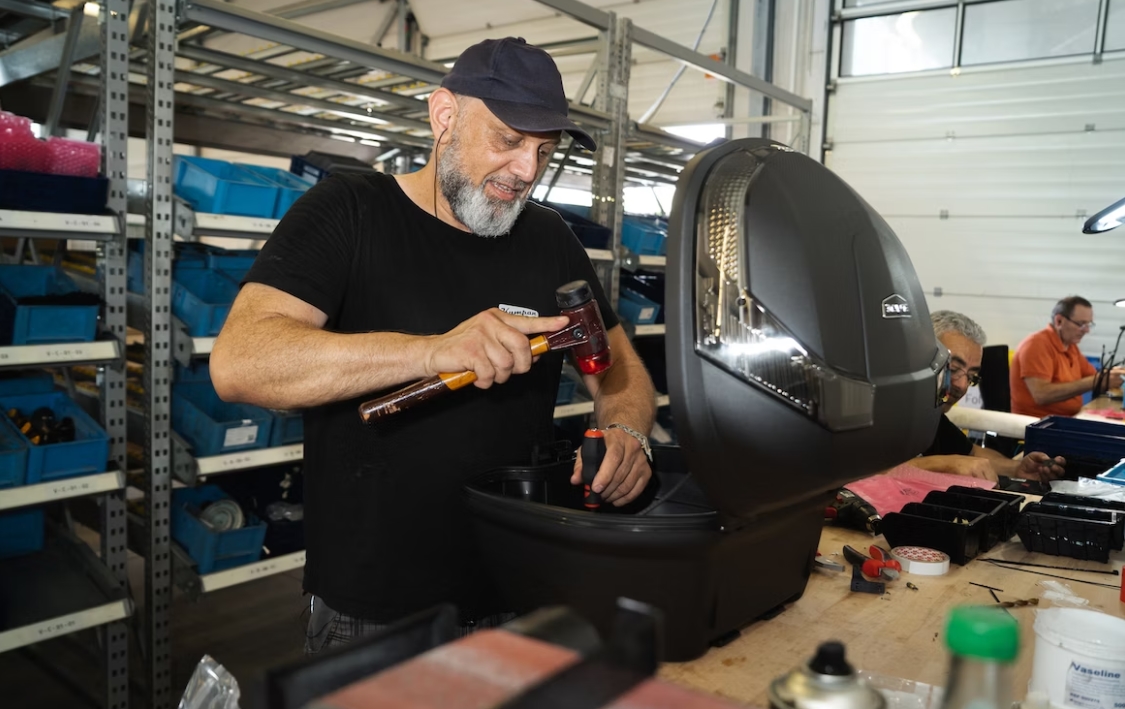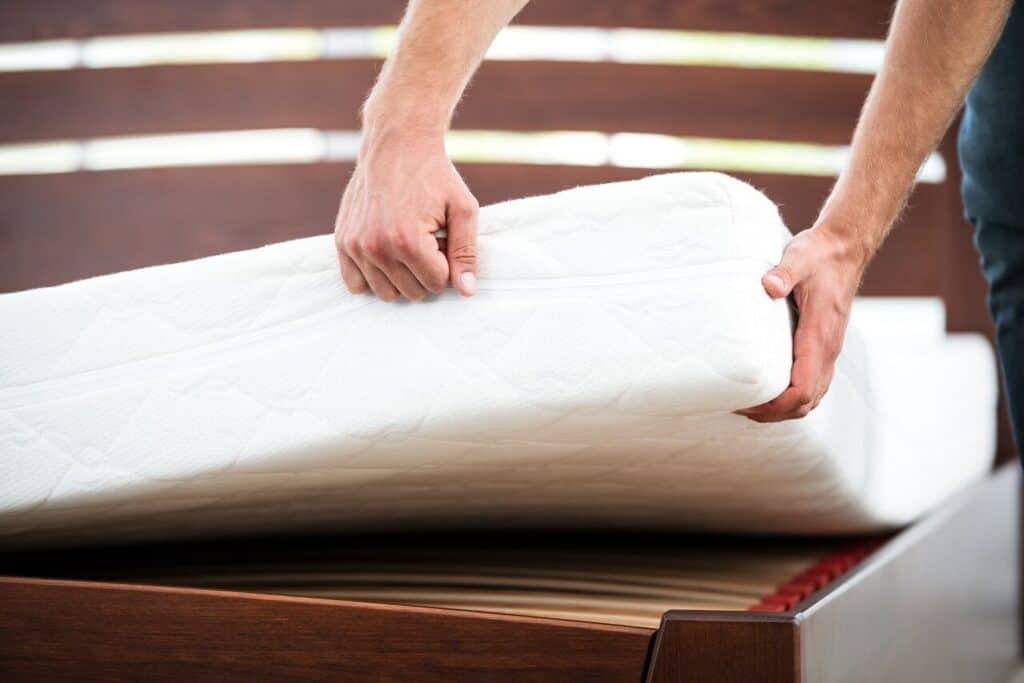Patients have surgery to correct and repair various parts of the body. Surgeons, nurses and other medical personnel use a variety of medical instruments to cut, suture, dissect, remove, implant and treat patients. The instruments must be able to handle the environment inside the human body without causing more harm. Enter stainless steel. The non-corrosive metal is an affordable material to make sturdy, safe instruments for use in surgery and other medical settings.
Standards
Stainless steel manufacturing using ASTM F899 standard specifications is preferred in medical instruments. The standards regulate the chemistry requirements for the metal. Other requirements such as heat treating, hardness and mechanical properties are governed by separate specifications.
Reuse
With proper cleaning, stainless steel medical instruments can be used again and again. This saves the hospital and medical office much needed money yet still provide them the ability to properly treat patients. If properly sterilized and dried, the metal doesn’t rust or corrode.
Sharp
Stainless steel holds a sharp edge useful for scalpels and bone saws. The surgeon doesn’t want to use an instrument that is dull when cutting tissue or bone. Not only does it make the process more difficult, but the patient doesn’t have a nice, clean cut resulting in scarring and potentially more damage. Medical professionals want to heal not harm. Sharp medical tools help them treat patients without causing undue harm.
Hard
Some instruments need to be especially hard to hold up in surgical settings. Screwdrivers used to implant joint replacements need to hold up to the pressure exerted on them. Scissors, knives, osteotomes, gouges and chisels all need to be very hard to perform correctly in the surgical setting.
Surgical instruments following the ASTM guidelines are safe, effective tools for use in the OR, clinical setting and outpatient surgery centers. The antimicrobial, rust-resistant and corrosion-resistant properties make them ideal for medical settings. Medical-grade stainless steel continues to bring many benefits to both medical professionals and patients alike.





